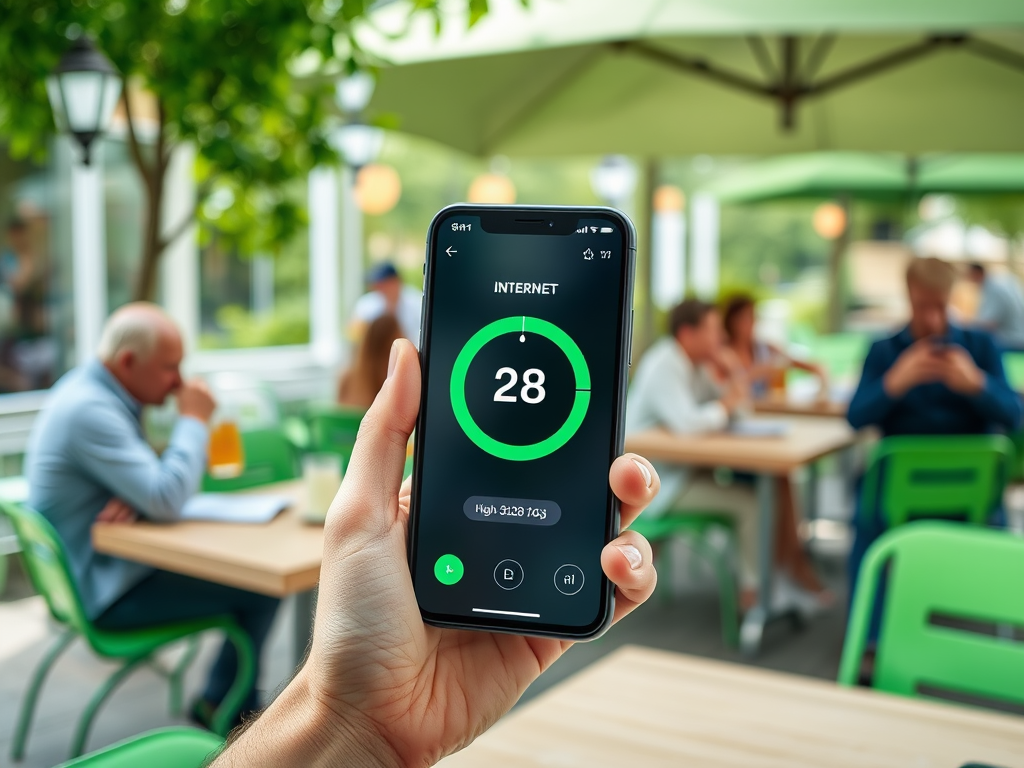In our hyperconnected world, a strong and reliable internet connection is more than just a luxury; it’s a necessity. Yet, several users often find themselves grappling with slow speeds, buffering videos, or lagging online games. Understanding the multifaceted factors that contribute to a bad internet experience can be the first step toward finding effective solutions. In this article, we will explore the common culprits behind poor internet performance, encompassing everything from hardware limitations to environmental interferences. An apposite approach to improving your online life hinges on recognizing these various influences.
The implications of slow internet extend beyond mere inconvenience. They can affect productivity, disrupt entertainment, and hinder communication, resulting in a frustrating experience that affects both work and leisure. Thus, identifying the underlying issues becomes essential as these challenges can be solved through informed decisions and proactive measures. Whether you’re a casual user, a remote worker, or a hardcore gamer, this comprehensive guide will help you optimize your internet performance. By the end, you will not only understand why your internet connection might be faltering but also how to enhance it.
Understanding Internet Speed

Internet speed can make or break your online experiences, yet many users remain unaware of how this speed is measured and affected. Simply put, internet speed refers to how fast data transfers from the internet to your device. This speed is crucial for seamless activities such as streaming high-definition videos, engaging in online gaming, or participating in video conferencing. Recognizing the implications of speed on various online tasks allows users to prioritize their internet needs. To better understand your internet speed needs, consider the following:
- Streaming video in HD requires about 5 Mbps or more.
- Online gaming typically requires 3 Mbps to 6 Mbps.
- Video calls generally need around 1.5 Mbps for a decent quality.
Common Factors Affecting Internet Connection

Network Congestion
One of the most prevalent causes of a sluggish internet connection is network congestion. This issue arises when multiple users engage with the same network simultaneously, often leading to a bottleneck effect. During peak hours, such as evenings, many households are streaming, gaming, or browsing, which can significantly diminish speed. This congestion can be particularly disruptive if you share bandwidth with many devices in your home.
- Check your internet provider’s peak hours to gauge potential slowdowns.
- Consider promoting internet etiquette within your household to manage device usage during critical times.
Distance from the Router
The proximity of your device to the router plays a significant role in your internet experience. The further away you are, the weaker your connection may become. Numerous physical barriers, such as walls and furniture, can also impede the effectiveness of Wi-Fi signals. Hence, it’s crucial to position your router optimally—preferably in a central and elevated location to maximize coverage.
Table: Ideal Router Setup
| Router Location | Coverage Area |
|---|---|
| Central Room | Best Coverage |
| Corner of House | Poor Coverage |
| Near Floor | Weak Signal |
| High Shelf | Improved Signal |
Hardware Limitations
Often overlooked, hardware limitations can substantially impact your internet performance. An outdated router can limit bandwidth and speed, making it vital to evaluate your devices regularly. Furthermore, compatibility issues between your devices and the latest Wi-Fi standards may also restrict your network efficiency. Upgrading your router, especially if it’s over five years old, can remedy many of these frustrations. Some key aspects to consider include:
- The age of your router affects its performance.
- Always check your devices’ compatibility with the latest network standards (e.g., Wi-Fi 6).
- Regularly update your router’s firmware for optimal performance.
Conclusion
Understanding the various factors affecting your internet connection is essential in today’s digital age. From network congestion to hardware limitations, being informed allows you to tackle issues proactively. By troubleshooting effectively and implementing various solutions, you can significantly enhance your online experience and enjoy stable connectivity. Take the time to evaluate each component of your internet setup, and you’ll be on the path to a better, faster, and more reliable connection.
Frequently Asked Questions
- What causes slow internet speeds?
Slow speeds can be caused by network congestion, distance from the router, hardware limitations, and ISP issues. - How can I test my internet speed?
You can use online speed test tools to measure your current download and upload speeds. - Does the time of day affect internet speed?
Yes, internet speeds can be slower during peak usage hours when many users are online. - Is it worth upgrading my router?
If your current router is several years old or does not support the latest standards, upgrading may significantly enhance your speed. - Can physical barriers affect my Wi-Fi signal?
Yes, walls and large furniture can obstruct the signal between your device and the router, reducing speed.



